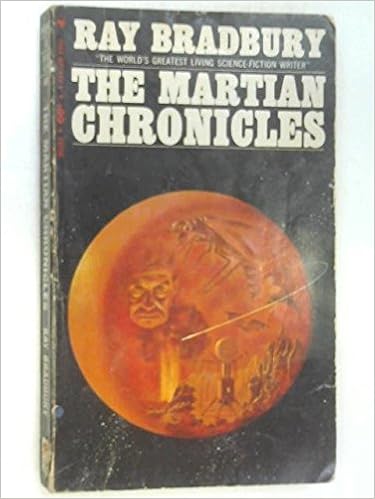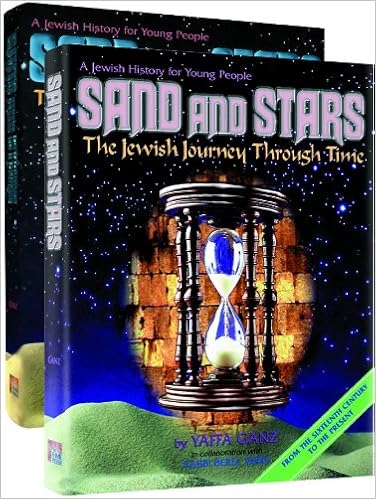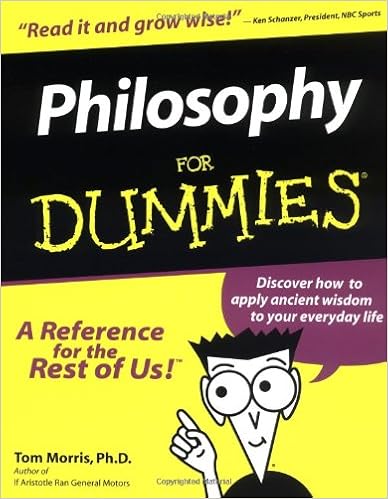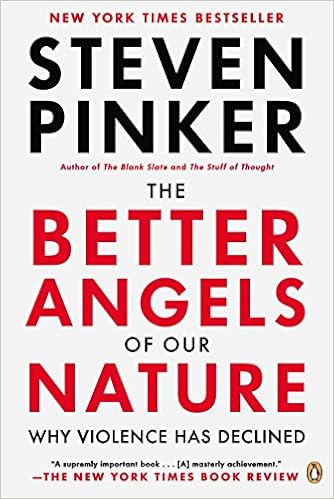A few days ago, a friend tagged me in Facebook game: post
the covers of seven books that affected your life. I don't usually do this kind
of thing, but this one is interesting. I read a lot, and books have had a large
impact on my life. My regular Facebook page is not really the right forum for
this sort of introspection, so I thought I'd do it here. The game asks for
seven book covers over seven days, but doing all of them at once makes for a
better blog post.
The books in the list skew toward more recent reads. While I
read hundreds, maybe thousands of books as a kid, it's hard to pick out ones
that were particularly significant. That, and the more recent ones fit more
with my self-image as an intellectual.
In the order that I read them:
The Martian Chronicles
I read a lot of fantasy and science fiction as a young
adult. I think I read The Martian
Chronicles when I was in fifth grade. It's a collection of short stories
about Mars. There's one story about a Martian woman who has a dream that
astronauts from Earth came to visit her. When she tells her husband about it
the next morning, he tells her that's impossible. Their scientists have shown
that there's too much oxygen on Earth for there to be life.
I had been taught that the Earth is the perfect distance
from the Sun for life, with the perfect conditions, and this shows the wonder
of Hashem. He created the Earth in the perfect place for us! This story
suddenly shifted my perspective. Earth wasn't special, created as a unique
haven for life in the one perfectly balanced position where life could survive.
From the point of view of creatures adapted to a different environment, life on
Earth was "impossible."
Shifts in perspective and seeing things from another point
of view is something that good novels allow us to do. Growing up in a community
with a particular and narrow worldview, books were my window into other ways to
live and other perspectives. None of it was "real" - none of it was
something I thought I could do myself, any more than I could go live with the
Martians. But broadened my thinking, and showed me that there were other ways
to look at things beyond what I was taught.
Sand and Stars
When I was in tenth grade, I was in a yeshiva where reading
"non-Jewish" books was against the rules. I was good for the first year I was there. I
read through my family's collection. Then I borrowed books from my aunt. When
those ran out, I borrowed books from the local frum library. Desperate for
something to read, I read the two-volume Sand
and Stars Jewish history books. I was hooked. My father had R' Berel Wein's
enormous history books. I hadn't read them because I hadn't thought of them as
casual reading material, but now I read through both of them, and third when it
came out. I still read novels for a couple of years, but now I was also reading
history. After high school I read history almost exclusively for about ten
years.
It's ironic that the schools policy, meant to protect its
tender talmidim from the influences of "inappropriate" books, had the
unintended consequence of leading me to non-fiction. First history, then
philosophy, theology, and all the rest. Subjects far more damaging to a yeshivish worldview than the vanilla sex
scenes in novels that the policy was meant to protect us from could ever be.
The Hitchhiker's Guide to the Galaxy
It's not so much that The Hitchhiker's Guide to the Galaxy had an impact, as it's one of the
most fun and memorable book series I've ever read. Like all good science
fiction, it has those perspective-changing moments. More than most. The man who
lives outside the asylum - inside his house. Or the whale that pops into
existence a mile in the air and wonders about his purpose in life before splattering
on the ground.
The Epic of Gilgamesh
Does this count as a book? I'll count it. I first read the The
Epic of Gilgamesh in a college literature class. It was my introduction to the
mythology that Tanach borrows from. At the time, like my classmates, I saw it
as another source, albeit a corrupted one, for Noach's story. In time, I came
to see that there was no reason to favor Noach's story as the "real"
version over Utnapishtim's or Atrahasis's.
Philosophy for Dummies
I read Philosophy for
Dummies sometime in early 2009. My sister-in-law was taking a philosophy
class in Stern, and had asked me for help editing a couple of her essays. What
she was learning sounded interesting, so I got Philosophy for Dummies from the library. That was the beginning of
my exploration of philosophy and philosophical theology.
How to Read the Bible
As a kid, I barely knew that there was such a thing as
academic Biblical scholarship. When it was mentioned at all, it was
disparagingly. If only the "scholars" (referred to very much in
quotes) could read Hebrew, or learn the midrashim,
they would understand the Torah like we did, and would abandon their ridiculous
"theories" about the Torah being written by people.
I saw frequent positive references to Biblical scholarship
in the blogospere, but I barely understood what they were talking about. It
went over my head, and I mostly ignored it. But it was interesting enough that
when I found How to Read the Bible in
the library, I took it out and read it. It was not at all what my rabbeim had imagined it to be. Of course
academic Biblical scholars could read Hebrew. Of course they read midrashim. As I would find out, some of
the leaders of the field, like the author of How to Read the Bible, were in fact Orthodox Jews!
It was fascinating. Suddenly, Tanach made sense. All of the problems that the midrashim solved with convoluted
explanations that often ignored what the text actually said fell away when approached
with the straightforward, real-world assumptions of Biblical scholarship.
The Better Angels of Our Nature
It's a truism in the frum
world that the world we live in is uniquely bad, a corrupted version of the past. Even the goyim used to be more moral, the frum narrative goes, but now we live in
debauched times that necessitate a separation between ourselves and the corrupt
outside world. The Better Angels of Our
Nature shows, with hard data, that in fact the world has never been more
moral than it is right now. Including even sexual morality, which is what
people really mean when they talk about how terrible the world is today.





